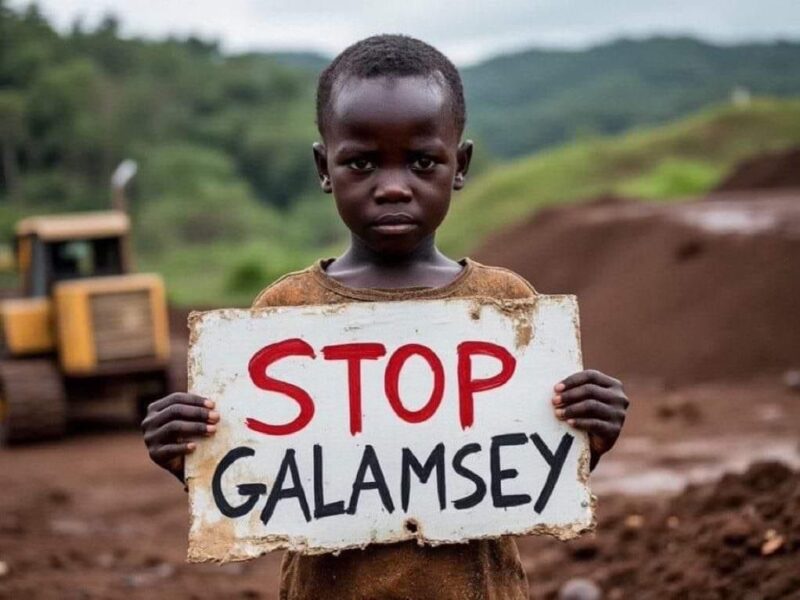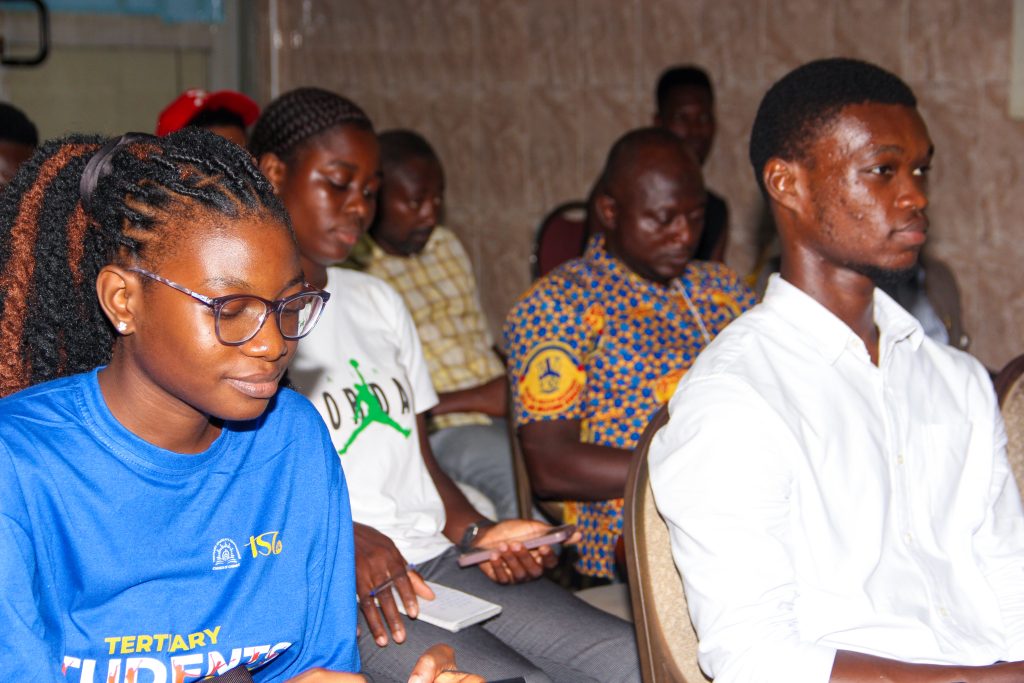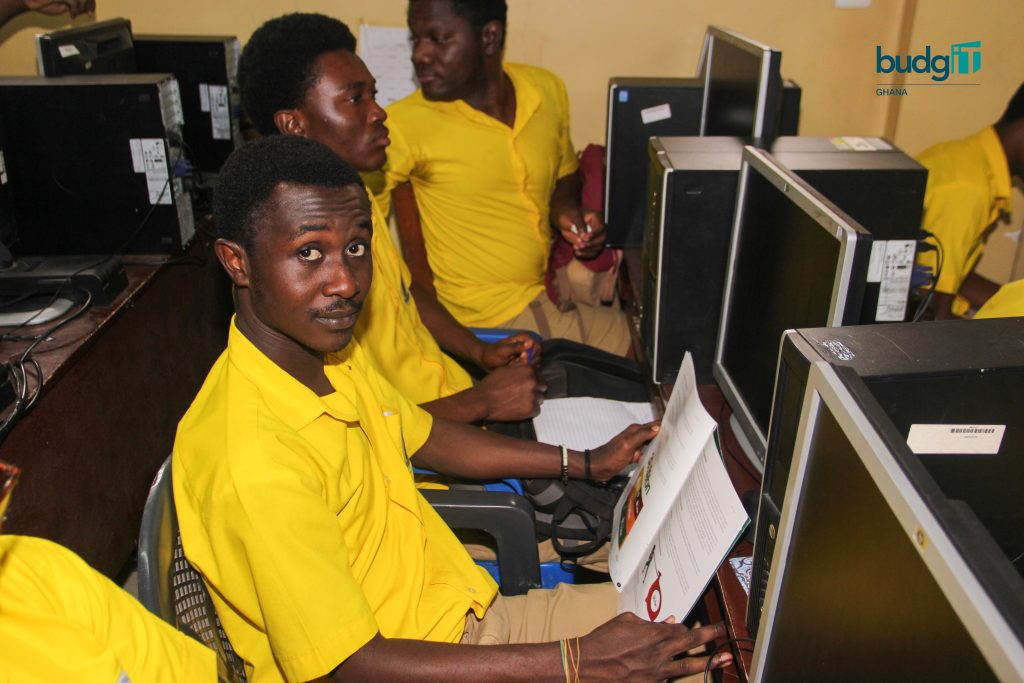Navigating Ghana’s Civic Landscape Ahead of the 2024 Elections: Empowering Youth Activists and First-Time Voters
As Ghana prepares for one of its most significant election years, the sociopolitical climate is charged with anticipation and anxiety. With the 2024 elections celebrating nearly 70 years of democratic rule, the stakes are higher than ever, particularly for young Ghanaians uniquely poised to shape the electoral narrative. BudgIT Ghana has taken proactive steps to empower the next generation of leaders through initiatives such as our latest workshop on the theme, “Roadmap to Elections 2024: Improving Transparency and Combatting Electoral Fraud in Ghana.” The program focused on providing youth activists with essential fact-checking tools to combat misinformation and disinformation as we prepare for the polls on December 7.
What Does the Current Sociopolitical Landscape Look Like?
As interestingly as Ghana’s political landscape has evolved considerably over the years, challenges remain. The widespread dissemination of misinformation and disinformation has created distrust among voters. This year’s elections will test its democratic resilience and the Ghanaian society’s ability to rally against misleading and inaccurate narratives. While social media platforms are great instruments for involvement, they have also provided avenues as breeding grounds for false information, making the need for informed and vigilant voters more critical than ever.
As the Ghanaian youth demographic grows, so does their influence in shaping the sociopolitical environment. Young people make up a significant portion of the electorate, and their active participation in current civic tensions, as evidenced by protests and strikes, underlines their critical role in fighting for transparency and accountability in governance. Movements such as #FixTheCountry, #FreeTheCitizens, and #StopGalamseyNow have garnered exponential social media support and mobilised thousands of young people, expressing their desire for improved governance and a dedication to social problems such as environmental protection, education, and employment. This increased political consciousness demonstrates the capacity of this demographic to significantly influence the sociopolitical narrative.
With the impending elections, the youth’s participation in civic action makes them key players. Their demands are consistent with broader social problems, requiring political parties to address these issues if they want to secure and maintain their support. Young Ghanaians are redefining the political narrative through social media and grassroots organisations, ensuring their views are heard and issues are prioritised.

How Can We Empower Young Activists?
BudgIT Ghana’s belief in young activists’ potential to drive meaningful change drives initiatives like a recent capacity session for young activists on ways to effectively drive sociopolitical change. The session gathered eager young minds who wanted to learn how to identify and counter disinformation. We explored fact-checking tools and techniques, the importance of sourcing credible information, and strategies for raising community awareness. Empowering these young leaders not only prepares them for elections but also instils in them a sense of responsibility to protect democratic norms.
The training also emphasised the value of transparency in governance. Participants learned about the mechanics of election fraud and how to mitigate it through collective action. The importance of youth in fighting for a transparent political ecosystem cannot be emphasised; they can hold leaders accountable and drive change.
What Makes First-Time Voters Unique?
One of the most appealing aspects of the upcoming elections is the potentially large number of first-time voters. This group, often motivated by a yearning for change, has the potential to significantly impact election results. As these young voters prepare to vote for the first time, their choices will be influenced not only by party affiliations but also by their perceptions of the integrity of candidates and their policy responses to critical concerns such as unemployment, education, and healthcare.
First-time voters are typically more interested in current affairs and are more likely to research candidates and their ideas. They are digital natives who leverage social media and online platforms to make informed decisions. However, this renders them more susceptible to misinformation, thus making it imperative that we equip them with the capacity to distinguish fact from fiction to make valuable choices at the polls.

Is Active Citizenship the Way?
The 2024 election is a clarion call for active citizenship. Citizens must participate in the electoral process beyond Election Day. Voting alone is not enough. This will involve tracking campaign promises, participating in community debates, and lobbying for issues important to them. Active citizenship entails creating a culture of accountability and civic responsibility where citizens are informed, active, and willing to speak up against injustices.
As Ghana prepares for the elections, civic education, particularly among youth, is critical. Understanding the electoral process, their rights as voters, and the consequences of their decisions will help citizens engage more directly with the process. Initiatives like our Roadmap to Elections 2024 project at BudgIT Ghana are critical in building a well-informed electorate capable of advocating for transparency and accountability.

How Can We Build Trust and Foster Dialogue?
To combat misinformation, encouraging free debate within communities is critical. Platforms for conversation, whether online or in person, can foster the exchange of ideas and provide a forum for critical thinking. These interactions can help dispel myths and clarify uncertainties about the voting process, ultimately increasing voter trust.
Furthermore, collaborations among civil society organisations, the media, and educational institutions can strengthen these efforts and help develop a comprehensive strategy for combating misinformation, ensuring credible information reaches the electorate as it should.
As we stand on the brink of this historic election, it is apparent that all Ghanaians are responsible for the future of the country’s democracy. Civic engagement, coupled with a commitment to transparency and active citizenship, would pave the way for a more transparent and resilient election process.
BudgIT Ghana remains committed to empowering young people and fostering a culture of informed voting. By combatting misinformation and advocating for transparency, we can guarantee that every vote matters in shaping Ghana’s future.
